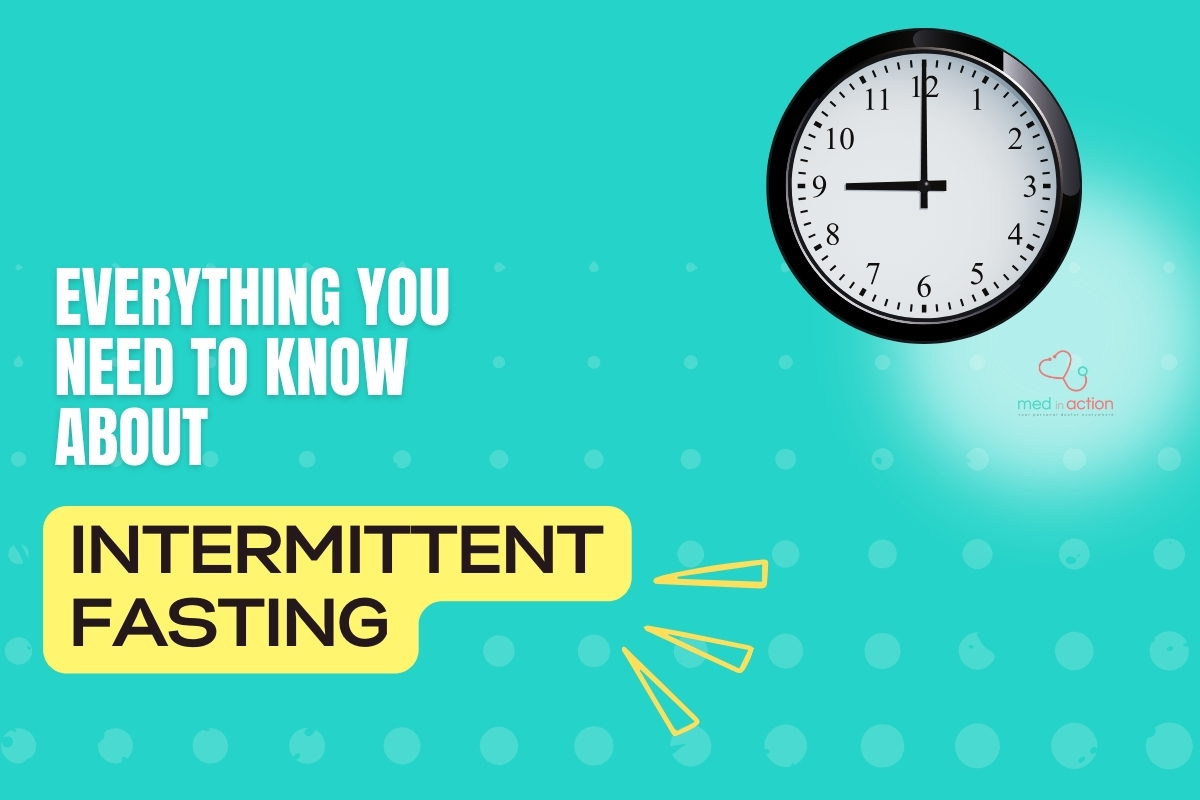We’re about a month into Spring, which means longer sunny days, colorful floral scenery, and warmer outside weather. Even so, you may have noticed you’re still feeling a bit down and gloomy. Studies show you aren’t alone! We are now over a year into a global pandemic, and even if you yourself haven’t gotten sick, you have likely lived through lots of traumatic experiences that would take a mental toll on anyone. Here are some things that could be affecting you in ways you haven’t thought about, as well as some ideas on how to make these issues easier.
1. Even if you’re in pajamas, online work can be just as draining!
Although it certainly is nice to do your job in sweatpants, several studies are finding out that “zoom fatigue” is a real thing! “Zooming” in to work brings a lot of slight changes that all together can overwhelm us. While using Zoom and other platforms like it, we are presented with more eye contact than we are used to, and constantly seeing a mirror image of yourself can add a lot of additional stress and self criticism. Additionally, if you have a larger screen size, the larger view of the faces on zoom could trick your brain into thinking that person is very close to you. This invasion of your personal bubble leads to stressed body states! Some ways to beat this are having less of the meeting members always visible on your screen, turning off the “self” view, or even just reducing the window size for zoom.
2. Your brain’s light cycle is probably super dysregulated!
With many people staying indoors to avoid potential exposure, and almost everyone’s occupations being moved online, your brain might be getting a little confused. In order for your body to know when to get tired and when to wake up, it relies on a process called a “circadian rhythm”, the brain’s 24 hour sleep/wake cycle. This cycle is traditionally set through exposure to sunlight levels throughout the day. Due to the pandemic, you probably spend less time outside than you normally would, which means less sun is hitting your face throughout the day. Something else that could hurt your body clock is your increased screen time. Your brain mistakes the blue light emitted by your technology as sunlight, and so your brain can have a much harder time knowing to shut off when it’s time for you to get to bed. Some ways to help reset your clock is spending more time in the sunlight, and using blue light blocking glasses or blue light blocking apps when looking at your phone or computer.
3. Your brain might also be bored!
Lastly, you have probably realized being stuck inside for most of the day can lead to a pretty monotonous routine. Having some sort of daily schedule can be beneficial, but too much of the same thing can mean your brain isn’t getting the mental stimulation it needs. Your brain loves to experience new things, and regular mental stimulation is linked to increases in your overall well-being and your ability to adapt to new situations. It’s even been shown to help against neurogenerative diseases like Alzheimer’s! Some ways to stay mentally active while stuck at home include learning a new skill like knitting, practicing a new language, or even just doing a crossword puzzle!
The pandemic has been really difficult in a number of ways, but there are things we can always do to make it easier. Restrictions are finally starting to lift, but it may still be awhile until things fully feel back to normal. In the meantime, do your best to take care of yourself!
Resources:
“5 Steps to Mental Wellbeing.” Nhs.Uk, 2 Feb. 2021, https://www.nhs.uk/mental-health/self-help/guides-tools-and-activities/five-steps-to-mental-wellbeing/.
Hometouch, Founder and Chief Medical Officer at. “Mental Stimulation and Brain Health.” Hometouch, 28 Nov. 2018, https://myhometouch.com/articles/mental-stimulation-and-brain-health.
“Staying Mentally Active.” Nidirect, 26 Oct. 2015, https://www.nidirect.gov.uk/articles/staying-mentally-active.
“The Health Benefits of Sunlight: Can Vitamin D Help Beat Coronavirus?” New Scientist, https://www.newscientist.com/article/2256971-the-health-benefits-of-sunlight-can-vitamin-d-help-beat-coronavirus/. Accessed 25 Apr. 2021.
University, Stanford. “Four Causes for ‘Zoom Fatigue’ and Their Solutions.” Stanford News, 23 Feb. 2021, https://news.stanford.edu/2021/02/23/four-causes-zoom-fatigue-solutions/.




